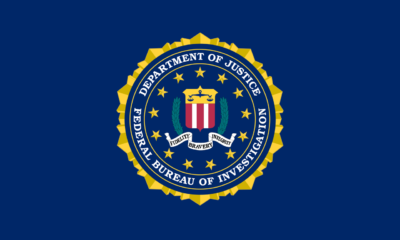Business
Coinbase faces lawsuit over alleged breaches of Illinois biometric privacy law
-

 Business1 week ago
Business1 week agoTornado Cash dev Roman Storm trial goes ahead with slight trim
-

 Business1 week ago
Business1 week agoBrazil fintech gets approval to become a Bitcoin treasury company
-

 Business5 days ago
Business5 days agoMetaplanet scoops 1,004 Bitcoin in 2nd-biggest buy ever
-

 Business1 week ago
Business1 week agoThailand to tokenize $150M government bonds for retail investors
-

 Business1 week ago
Business1 week agoFTX estate to start distributing more than $5B on May 30
-

 Business1 week ago
Business1 week agoSolana network activity surge and ‘megaphone’ chart pattern set $210 SOL price target
-

 Business1 week ago
Business1 week agoAI scammers are now impersonating US government bigwigs, says FBI
-

 Business1 week ago
Business1 week agoStandard Chartered scales institutional crypto banking with FalconX






























